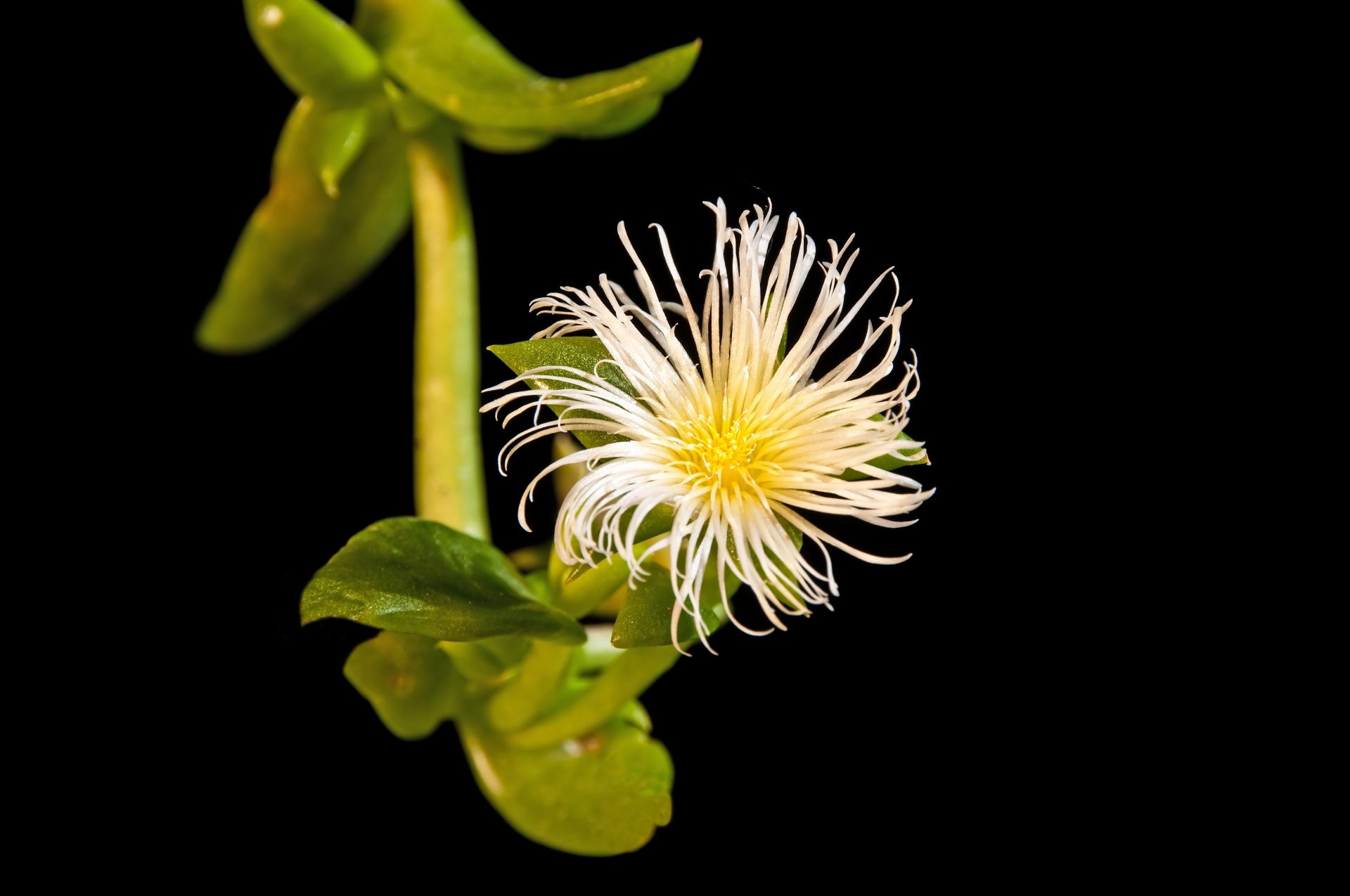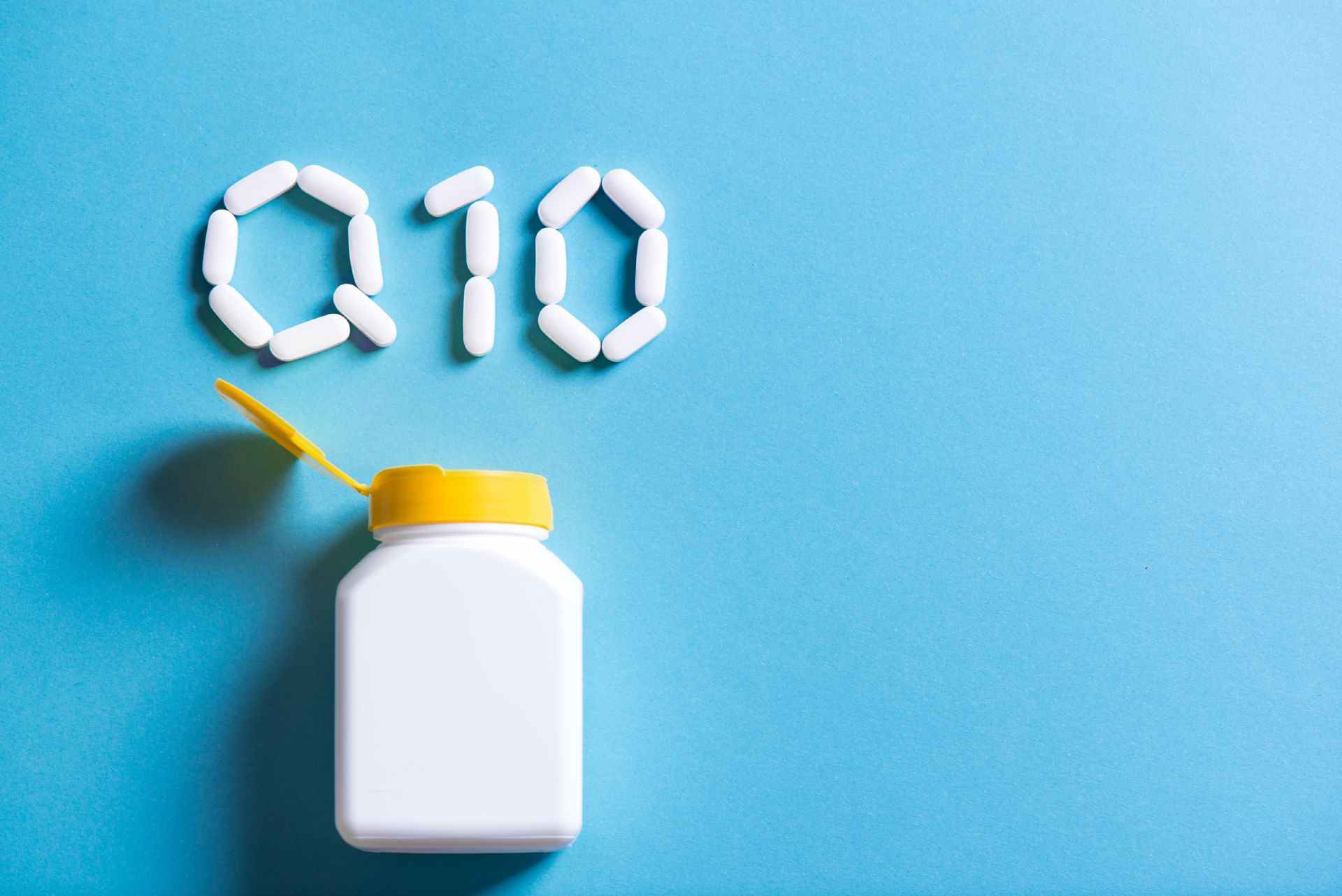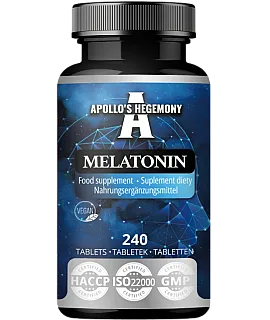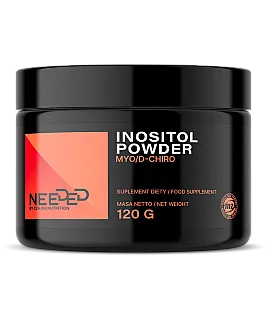Kanna - what is it and what properties does it have?

African plants are not as popular in health-promoting supplementation as Asian ones. However, there are gems among them whose properties are very impressive. One such star is the Kanna herb, which for millennia brightened the minds and improved the moods of African hunters and gatherers. Today, you don't have to be a hunter or gatherer, as Kanna supplements are available to everyone. Research involving this plant is showing very promising results, and in the last decade the number of studies has increased significantly. In this article we will study the most important properties of Kanna. Read to the end!
Kanna - what is it?
Kanna is the common name of the plant Sceletium tortuosum. It is a succulent naturally found in Southern Africa. There it has a rich history of use among African tribes, mainly the San and Khoikhoi. The hunter-gatherers there used Kanna leaves to improve mood, control emotions and fears, and to improve concentration. It won't be far from the truth when we say that Kanna acted as an adaptogen for them.
Traditionally, Kanna was used mainly by chewing its leaves. One alternative name for this plant is Kougoed, which means "something to chew." However, this is not the only method of ingestion, as tinctures, infusions and occasionally smoking it were also used. Today, encapsulated extracts are much more popular.
Properties of Kanna
Kanna'shealth properties, as well as its mechanisms of action, are unique. It is hard to find another substance that can boast such a combination of actions. As a result, its practical effects are also impressive.
Improving mood by mimicking the effects of antidepressants
Improved mood is the main effect of taking Kann. A combination of two mechanisms is responsible for this :
- inhibition of serotonin reuptake,
- inhibition of phosphodiesterase-4 (PDE4).
You may find that the former sounds familiar. This is the mechanism of action of the most popular antidepressants, the SSRI drugs. Thus, both SSRIs and Kanna increase the availability of serotonin in synaptic spaces. As you may know, serotonin is commonly referred to as the happiness molecule.
There are reports in the literature that pharmacological PDE4 inhibitors have a mild antidepressant effect. On the other hand, SSRIs tend to exacerbate the effects of PDE4, so they may reduce their effectiveness themselves over time.
Kanna, as a substance that is both an SSRI and a PDE4 inhibitor, provides a great combination of mechanisms of action, and both animal and human clinical studies confirm its anti-anxiety , anti-stress and mood-enhancing potential.

Effects on mental performance
The previously mentioned mechanism of PDE4 inhibition is the main reason for Kanna's pro-cognitive effects. Even in African tradition, Kanna was valued not only for its stress reduction and ability to better control emotions, but also for its ability to better focus attention on tasks at hand, such as hunting.
A study was conducted in which an EEG was performed before and after taking Kanna extract (25 or 50 mg) during mentally engaging tasks. It was noted that even a single dose, compared to a placebo, produced images ofbrain activity indicating better focus and memory.
Adaptogenic and fatigue-reducing effects
African hunter-gatherer tribes used Kanna during multi-week migrations to reduce feelings of fatigue, hunger and thirst and generally strengthen their bodies in extreme desert climates. Today, its adaptogenic effects are mainly used to relieve emotional/psychological stress.
Supplement for lovers
Some people use Kanna as an aphrodisiac. In this context, however, Kanna has more of an indirect effect. Directly, it can induce desire only minimally, and its power lies in its ability to reduce stress and improve mood, relaxation and reduce inhibitions.
Is there anything else?
While we all focus mainly on how Kanna affects the brain, the alkaloids it contains have broader effects. It is known from studies that they have anti-inflammatory, antioxidant, cytoprotective and antimicrobial effects, among others. Traditionally, Kanna is known to be used for stomach aches and toothaches.
Kanna as a dietary supplement
Sceletium tortuosum extracts are usually used in dietary supplements. The better quality ones have not only the DER(drug extraction ratio) listed, but also the percentage standardization for mesembrin. Good quality supplements are standardized to a minimum of 2% mesembrin.
Dosage of Kanna supplements
For solidly standardized extracts (>2% mesembrin), dosages in the range of 25-100 mg per day are most common. The daily dose is best divided into two servings - in the morning and in the afternoon.
It is also possible to use Kanna ad hoc. Depending on sensitivity, single doses of 25-50 mg of the extract are used.
Sources:
 ⮜ Previous article
⮜ Previous article
Coenzyme Q10 - what is it and what properties does it have?
 Next article ⮞
Next article ⮞


